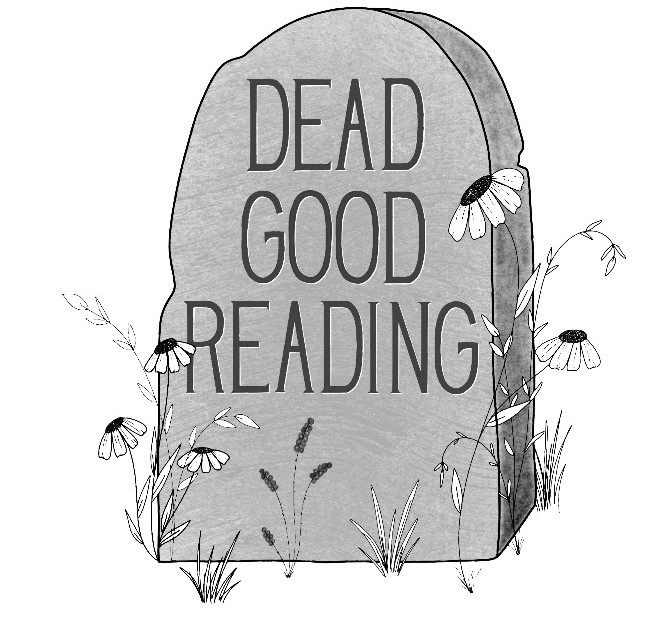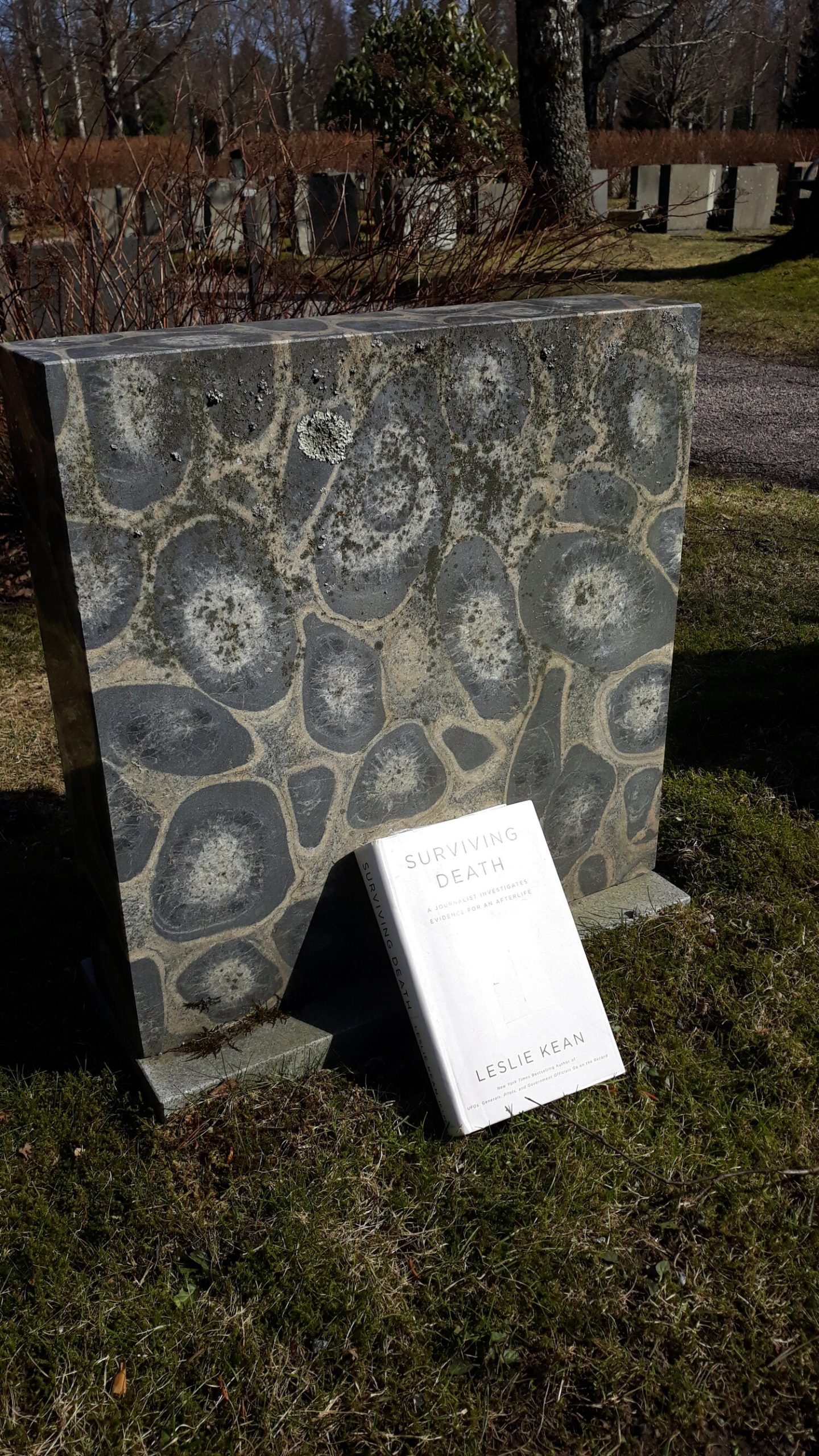In Surviving Death: a journalist investigates evidence for an afterlife Leslie Kean takes the reader on a journey to the world of mediums, clairvoyance, telekinesis, and various other things that ‘proof’ that there is more between life and death. She describes children with memories of a past life, people who can communicate with the dead, people with near-death experiences, people with out of body experiences who were physically dead on an operating table, and many more paranormal phenomena.
As a child I always took pride in the fact that I knew who was calling. For context: I was a child in the 90s, we still had a landline, which did not show caller ID. Mobile phones did not emerge in my life until I was a fifteen (other friends had them earlier, but I did not care for them). It is a fairly useless, and difficult to proof skill. And if someone would ring during dinner time, I knew it was grandma, as her sixth sense was always calling when we were having dinner…
I must confess this book has been the most challenging read so far. I would like to believe that boundaries between life and death are blurred, and that some people are able to communicate with the dead. Yet, every researcher cited apparently is a ‘world-renowned scientist’, ‘expert’, ‘acclaimed’ or ‘leading in their field’. I understand that Kean and people studying these topics probably receive a lot of push back from others, yet I think Keane overdid it in highlighting their expertise. The need to emphasise their respectability over and over had the opposite effect of what Kean intended, at least in my reading of the book.
Kean similarly emphasises her ‘objectivity’ throughout the book, and while I understand this obsession with objectivity is commonplace in journalism, as a social scientist, I wished she would have owned her subjectivity. For example, she describes experiences with mediums who speak to her deceased friend Elliot Budd Hopkins and her brother Gary. Surely this is a subjective and potentially very emotional experience? I think acknowledging that she was also personally invested in existence of an afterlife would actually have made her arguments stronger.
In the introduction Kean offers readers an introduction to “psi”, as she states that:
“[W]e must also understand that human beings have extraordinary mental abilities that science cannot explain. They may be controversial, but they have been documented by legitimate scientists for many years; I have also personally witnessed them in operation. We call these abilities “psi,” or psychic functioning, interchangeable with “extrasensory perception” (ESP). They refer to that force that is used for information through the mind without the use of any of the currently accepted five senses (sight, taste, touch, hearing, and smell). This is why some refer to it as the sixth sense. ”
— Surviving Death page 7
The notion of “psi” explains the presence of various types of paranormal activity, but it asks quite a bit from readers to go along with this theory. The psi theory underpins the entire argument of the book, and if you find psi a challenging concept, than this entire book is a challenging read.
Kean anticipates sceptical readership, and yes I was a sceptical reader. For example, the first chapter offers a case study of a boy with memories of a World War II soldier or , in other words, memories that are not ‘his’. This, and other examples, are all cases in which the children have been part of documentaries, and I cannot help but wonder what financial gain there is to be made from these cases, especially as Netflix recently released a documentary series ‘Surviving Death’ based on this book. Having said this, I find the potential for memories to travel from one person to the next post-mortem utterly fascinating and I very much would like for this to be true.
According to Kean, mediums proof that they are speaking with the ‘right’ person by providing facts about the dead person to the person that receives the reading. Thinking of the people that I have lost in my life, and also the age I was at the time they died, I wonder if I would be able to verify any information, and what type of information they could give me that would convince me they were actually there. I also wonder whether there would be a language barrier or, for example, if my grandmother would be lucid again post-death and perhaps could finally share her perception of the final years of her life.
On the one hand Kean critiques ‘conventional science’ for not validating the types of studies she builds her case on, yet on the other hand all the ‘experts’ quoted in the book still make use of the tools of ‘conventional’ science to proof their case. Personally I believe that if things like psi are in fact true, and go beyond conventional science, we probably need new ways, tools, and methods to establish this.
Overall I am extremely fascinated by the possibility of communication between the living and the dead, but still not fully convinced. Yet, I would love to be proven wrong! What do you think, is there an afterlife?


Leave a Reply